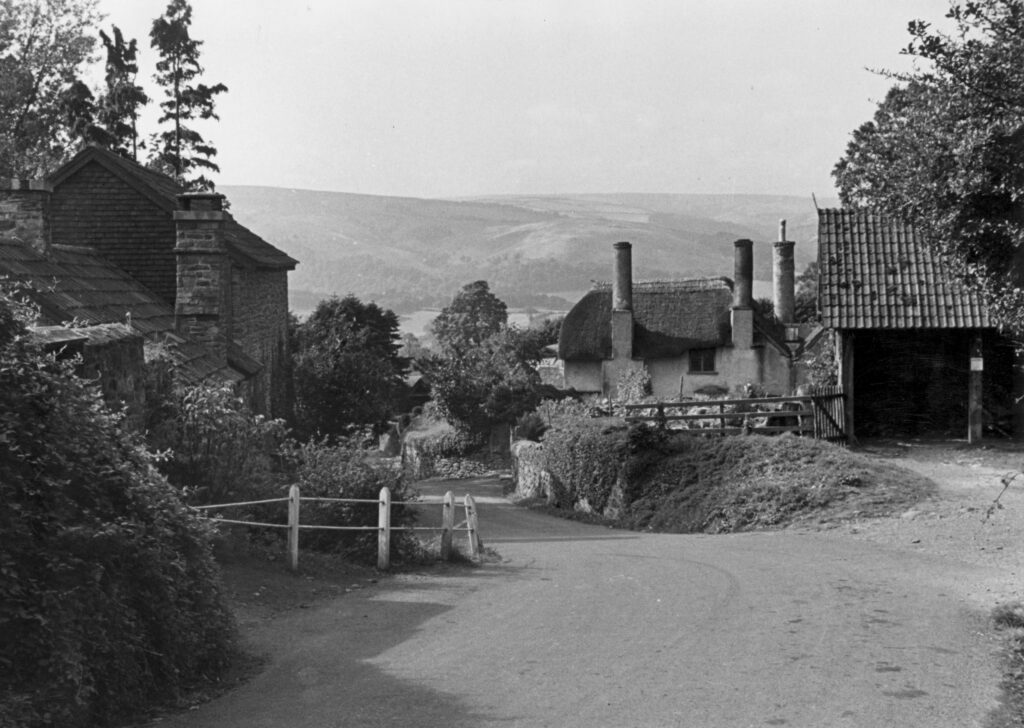With Study for Obedience, Sarah Bernstein offers a thought-provoking tale about the pervasive influence of storytelling on apparently objective history. This intricate book features an unnamed cast in an unnamed location contending with a looming threat —“an awareness of catastrophe just beyond the garden gate”— that also goes unnamed. The effect is less a perplexing lack of specificity, more a productive abundance of obscurity.
As the novel begins, a thirtysomething woman travels to a “sparsely inhabited town” in a “remote northern country” to house-sit for her brother, a businessman whose recent divorce has allowed him to travel and pursue “the successful selling and trading, importing and exporting, of a variety of goods and services, the specifics of which to this day remain a mystery to me.” Inspired by the pastoral setting, the introspective woman, who works remotely as an audio typist for a legal firm, reflects on her surroundings, including the “beautiful rush of the seasons” and the “crowns of birches, of oaks and elms, all rolling against the sky, flashing up their pale undersides in the wind.” She hopes that far from the “turgid air” of the city, she might experience nature as it is and not as it’s popularly understood: “I would work to allow the world its right to illegibility, to move in darkness.” But when a series of unexplainable events unfold, including a “swift and total madness” spreading throughout the cowshed and the peculiar death of six newborn piglets that had been “a source of joy and a symbol of hope for the town,” she realizes that she might be the cause of the catastrophes.
Perhaps a clue lies in her brother’s “storied and ancient” house. It once accommodated the leaders of a “historic crusade” conducted against the family’s Jewish ancestors for no apparent reason: “For all things come to an end, yes, as the lives of my forebears had come to an end, life itself and life as they knew it, never knowing, never understanding why or wherefore, only that a feeling, running under the seams for centuries, had broken to the surface.” Might her arrival have reactivated some latent curse, whatever force caused those “acts of barbarism”?
While such a mystery lends itself to the traditional plot of a hero’s quest, Bernstein instead takes readers on a non-linear journey into the mind of the narrator, who struggles to understand her predicament while reflecting on her past and meeting grave resistance from the villagers. Indeed, Study for Obedience flies in the face of the French philosopher and poet Paul Valéry’s definition of prose as “walking” toward some destination. Bernstein’s triumph is not in where she takes you but in how she gets you there.

Dissolving the boundary between past and present.
D. Hess; Hulton Archive; Getty Images
This unpredictable journey includes inspired reflections on writing. Bernstein skillfully describes the clarity the narrator experiences when she feels like a “pure vehicle” and can “just about compose myself.” However, the woman’s ambition to “flatten and disperse, inhabit a composite ‘I’ ” and to live “according to the contingencies of the other” blinds her to the locals’ growing hostility. While she walks around the village, parents cover their children’s eyes. When she enters a café, patrons stop eating, afraid they might ingest whatever contagion she must carry.
The narrator tries to change their minds by volunteering at a communal farm: “I wanted so badly to right things before my brother returned, wanted to show him how I had things in hand, how I had behaved correctly, how I had been obedient.” Yet, she laments, “in spite of all this, all these efforts, I felt radiating from the landscape, surely as ever now, the anger of the townspeople.” Determined to ingratiate herself with the community, she weaves reeds into human figures as “gestures of thanksgiving to the place, offerings to the world around me,” and she leaves the amulets “so tenderly on doorsteps and in haylofts, in naves and on cobbles.” Perhaps unsurprisingly, the villagers misread her acts of gratitude and only distrust her further.
As the vignettes of visceral horror grow more outlandish, Bernstein seems to provoke the reader into questioning her protagonist’s reliability. Even the narrator’s contemporaneousness stands on iffy ground. References to cellphones and social media are juxtaposed with her strangely formal prose that recalls writers like Henry James and George Eliot. She describes attending to her family’s demands with “alacrity and discreet haste” and looking after the sick by “ministering the complex curative draughts prescribed to them by various doctors.” By dissolving the boundary between the past and the present, Bernstein implies that the historic crusade wasn’t so historic. Perhaps it’s still happening, and the narrator is the latest victim.
To that end, is it the narrator whom readers should distrust, or is it the village whose judgment parrots the hatred and intolerance of their ancestors? More broadly, do societies too often dismiss individual points of view — including what may appear to be exaggerations — because the majority’s pervasive influence can give the false appearance of objectivity? The narrator gets at this question when she observes that “every single one of us on this ruined earth exhibited a perfect obedience to our local forces of gravity, daily choosing the path of least resistance, which while entirely and understandably human was at the same time the most barbaric, the most abominable course of action.” Through such examinations of varying perspective, Bernstein interrogates how and why stories are either privileged or discredited in the making of history.
Clayton Longstaff lives in Victoria.

